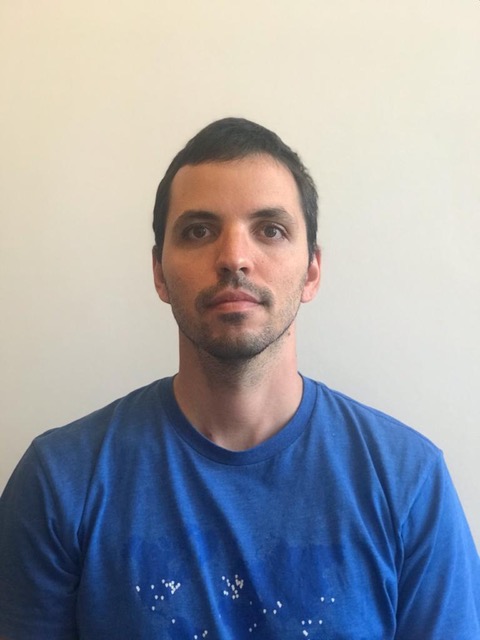
Country: Brazil
Henrique Kefalás is an oceanographer, with a Master Degree in Environmental Science from the University of São Paulo (USP), Brazil. For the past decade, he has been focusing on small-scale fisheries organization, fishing territories, instruments and public policies for the management of protected areas.
Since August 2016, he is the executive coordinator at the Linha D'Água Institute, an NGO that supports initiatives aimed at the conservation of socio-ecological coastal and marine systems in Brazil. In this position, he has the opportunity to manage social and environmental programs and projects. The initiatives arise from the demand of research institutes, local communities and solidarity economy enterprises, while at the same time articulating themselves through social participation in local, regional and national forums that deal with issues on the coastal and marine systems.
What are you currently working on within the context of small-scale fisheries?
I am currently working on three fronts:
a) A continuous dialogue process and fishers capacity building to strengthen their fishers' organizations and movements, with the aim of qualifying participation in public decision-making spaces, for example, the protected areas management councils;
b) Encouragement of small-scale fishing value chains, through the direct purchase of products, solidarity exchanges of local products and the fulfillment of legal requirements for the fish commercialization;
c) Networking to increase the awareness about the artisanal fisheries situation in the country, integrate sub-national movements with national and regional ones, focusing on the promotion of socio-environmental justice.
2. If you could single out one or two most significant factors for securing sustainability of small-scale fisheries, what would these factors be?
The most significant factor for securing sustainability of small-scale fisheries is the tenure right. I believe that with some level of stability it is possible to approach and understand all the complexity that a concept like sustainability involves. Imagine the following: you can't catch a species at risk of extinction, and your net doesn't have ways to separate which fish get tangled up. This happens while you live in the constant threat of another person or company taking over the area where you live, where you keep your boat and fishing gear, or you even lose access to the waterline where you fish. In other words, sustainability can only be addressed if the livelihoods of coastal communities are not so vulnerable. Uncertainties and threats will always exist, but with minimal guarantees of survival more can be done.















